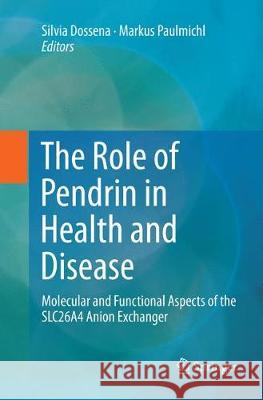The Role of Pendrin in Health and Disease: Molecular and Functional Aspects of the Slc26a4 Anion Exchanger » książka
topmenu
The Role of Pendrin in Health and Disease: Molecular and Functional Aspects of the Slc26a4 Anion Exchanger
ISBN-13: 9783319827803 / Angielski / Miękka / 2018 / 226 str.
The Role of Pendrin in Health and Disease: Molecular and Functional Aspects of the Slc26a4 Anion Exchanger
ISBN-13: 9783319827803 / Angielski / Miękka / 2018 / 226 str.
cena 605,23
(netto: 576,41 VAT: 5%)
Najniższa cena z 30 dni: 578,30
(netto: 576,41 VAT: 5%)
Najniższa cena z 30 dni: 578,30
Termin realizacji zamówienia:
ok. 22 dni roboczych.
ok. 22 dni roboczych.
Darmowa dostawa!
Kategorie BISAC:
Wydawca:
Springer
Język:
Angielski
ISBN-13:
9783319827803
Rok wydania:
2018
Wydanie:
Softcover Repri
Ilość stron:
226
Oprawa:
Miękka
Wolumenów:
01











